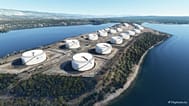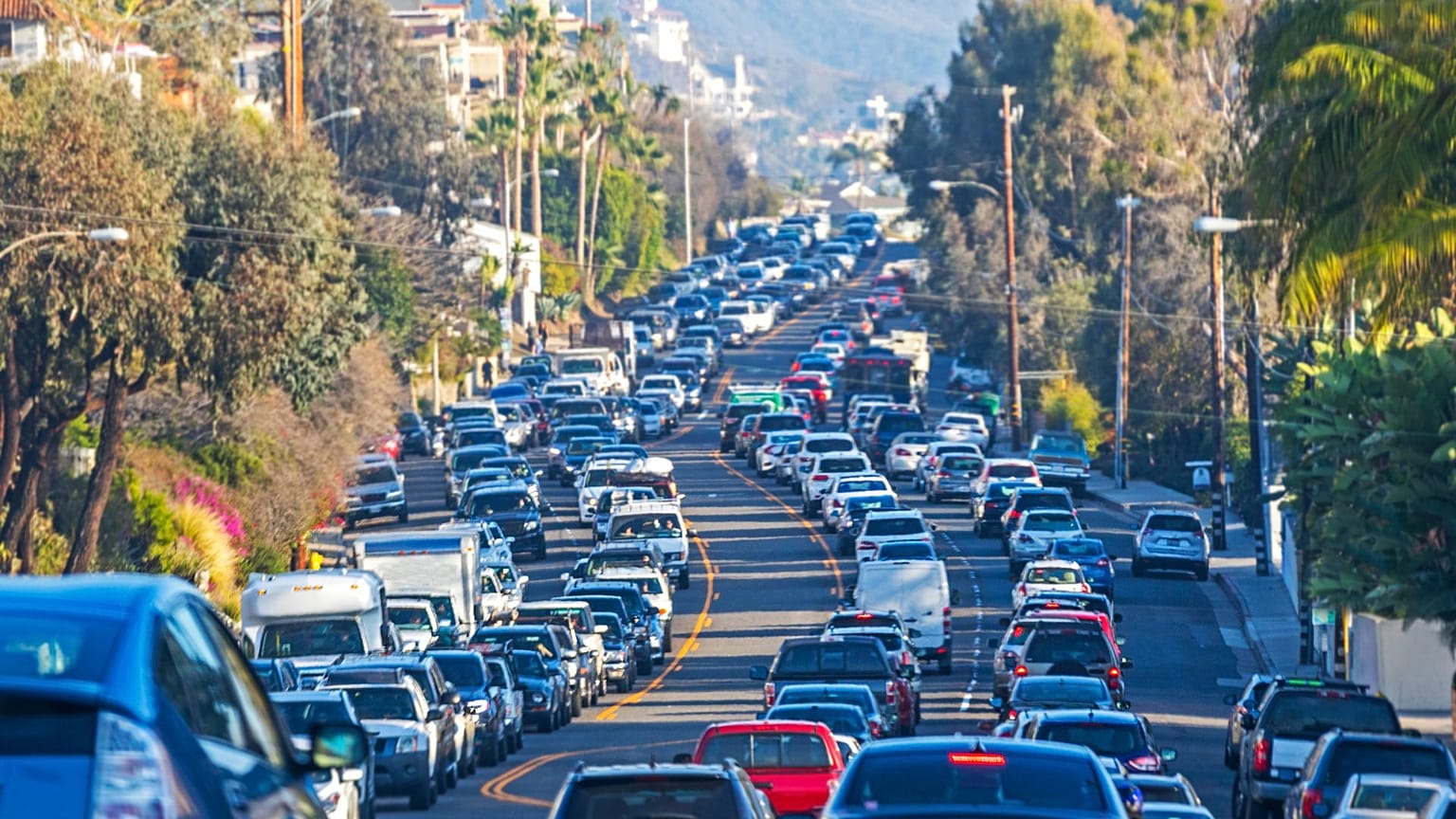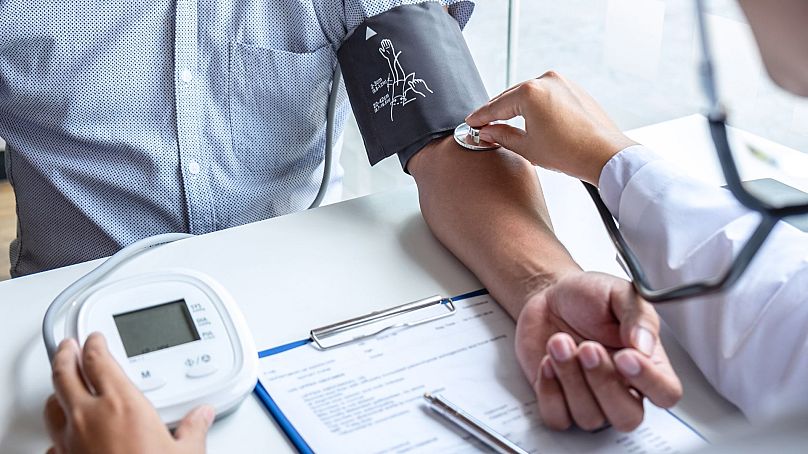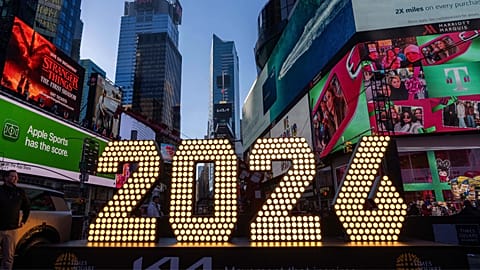Feel your blood boil when you’re near a busy road? A new study explains why
Ever feel your blood boiling when you’re walking along a busy road?
 ADVERTISEMENT
ADVERTISEMENT
 ADVERTISEMENT
ADVERTISEMENT
You’re not imagining it. According to new research, road noise causes your blood pressure to spike.
Wailing sirens, honking horns, and revving motorbikes lead to an increased risk of hypertension, or high blood pressure.
Previous research attributed the connection between noisy road traffic and blood pressure to air pollution.
But this study - published in JACC: Advances today - proves that the noise alone can elevate hypertension risk.
“We were a little surprised that the association between road traffic noise and hypertension was robust even after adjustment for air pollution,” said Jing Huang, assistant professor in the Department of Occupational and Environmental Health Sciences in the School of Public Health at Peking University in Beijing, China, and lead author of the study.
What is high blood pressure?
High blood pressure - also known as hypertension - is a common condition affecting around a third of adults.
If you have high blood pressure, the blood pushes too hard against the artery walls, meaning the heart has to work harder to pump blood.
Over time, this puts strain on your organs and increases your risk of heart attacks, strokes, and aneurysms.
A sudden blood pressure spike can lead to blurred vision, shortness of breath, nosebleeds, chest pain and dizziness.
Why does noise pollution contribute to hypertension?
Researchers analysed data from more than 240,000 people (aged 40 to 69 years) who started out without hypertension. Over eight years, they followed the health records of these people.
People living near road traffic noise were more likely to develop hypertension - and risk increased in tandem with the noise “dose.” This remained true when researchers adjusted for exposure to air pollution.
Noise pollution triggers the release of cortisol - a stress hormone.
People who were exposed to air pollution and noise pollution - a common one-two punch for city dwellers - were most at risk of adverse blood pressure effects.
What can we do about noise pollution?
Individuals can try and avoid noisy areas, taking less busy roads where possible, wearing earplugs, insulating walls and windows, and keepingwindows closed when at home.
But ultimately, the solution has to come from policymakers.
Stricter noise guidelines and enforcements - such as limiting heavy traffic at certain times of day - can help. Reducing traffic by making public transport free and accessible for all is also a key step.
Urban planning plays a key role, with noise barriers and urban greenery soaking up the roar of traffic.
Investing in advanced technology to make vehicles quieter is also key.


















